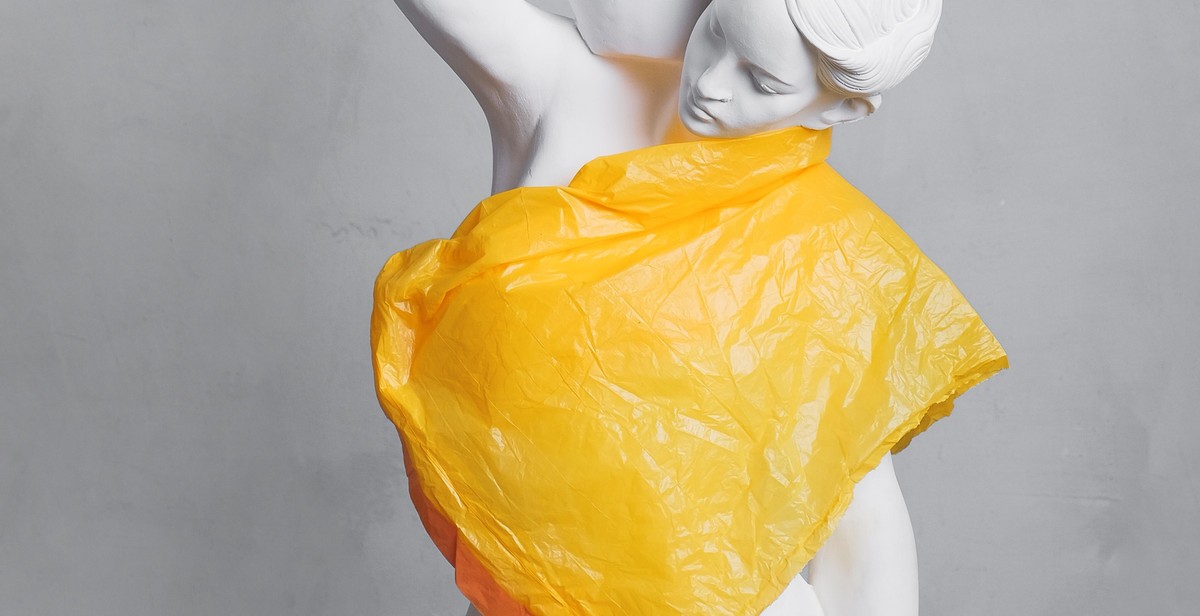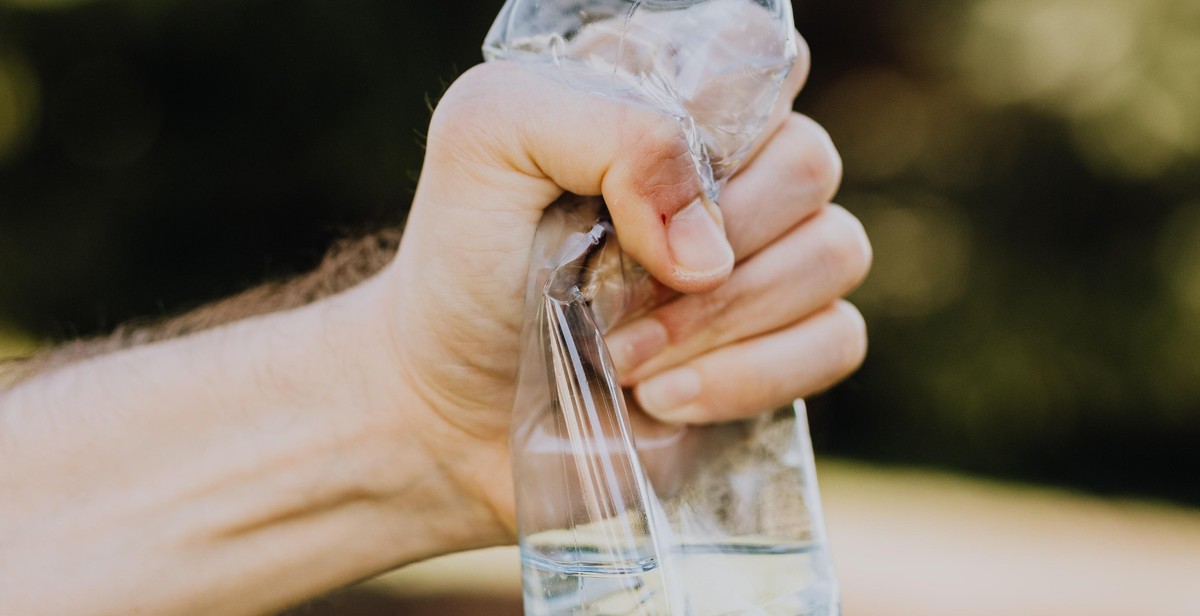The Environmental Impact of Plastic Pollution
Plastic pollution is one of the most significant environmental challenges that the world is currently facing. Plastic is a non-biodegradable material that takes hundreds of years to decompose, and it is estimated that more than 8 million tonnes of plastic waste enter the oceans every year. This waste not only poses a threat to marine life but also affects human health and the economy.
Effects on Marine Life
The most immediate and visible impact of plastic pollution is on marine life. Plastic waste can entangle and suffocate marine animals, and they can also mistake plastic for food. This ingestion of plastic can cause internal injuries, starvation, and even death. Furthermore, plastic pollution can also lead to the destruction of marine habitats and alter the food chain, which can have a ripple effect on the entire ecosystem.
Impact on Human Health
The impact of plastic pollution on human health is less visible but equally significant. Plastic waste can leach harmful chemicals into the environment, contaminating the water and soil. This contamination can lead to health problems such as cancer, birth defects, and hormonal imbalances.
Economic Impact
Plastic pollution also has a significant economic impact. The cost of cleaning up plastic waste is high, and the damage caused by the pollution can negatively affect industries such as tourism and fishing. Furthermore, the use of single-use plastic products has a negative impact on the environment and contributes to the depletion of natural resources.
It is clear that plastic pollution has far-reaching consequences, and urgent action is needed to address this global problem.

What is Plastic Pollution?
Plastic pollution refers to the accumulation of plastic materials in the environment, which adversely affects the natural habitats of humans, animals, and plants. The problem of plastic pollution has become a global environmental issue, with devastating consequences for marine life and the ecosystems they inhabit. Plastic pollution is caused by the careless disposal of plastic waste, which ends up in landfills, oceans, and other water bodies.
Definition of Plastic Pollution
Plastic pollution is the presence of plastic waste in the environment that has a negative impact on the natural habitats of living organisms. Plastic waste can take hundreds of years to decompose, and its accumulation in the environment can have long-lasting effects on the ecosystem. Plastic pollution is a major threat to the health of marine life and has been identified as one of the biggest environmental challenges facing the world today.
Sources of Plastic Pollution
The primary sources of plastic pollution include:
- Single-use plastics: These are plastics that are designed to be used only once and then disposed of, such as plastic bags, straws, and food packaging. These items are often used for only a few minutes but can take hundreds of years to decompose.
- Industrial waste: Plastic waste generated from industrial activities, such as manufacturing processes, can also contribute to plastic pollution. This waste is often dumped in landfills or released into water bodies, where it can harm the environment and wildlife.
- Littering: Careless disposal of plastic waste by individuals can contribute to plastic pollution. Litter can be blown by wind or carried by water into oceans and other water bodies, where it can harm marine life.
Plastic pollution is a complex problem that requires a multi-faceted solution. Governments, businesses, and individuals must all take responsibility for reducing plastic waste and finding sustainable alternatives to single-use plastics. By working together, we can reduce the impact of plastic pollution on the environment and protect the health of our planet.

Environmental Impact of Plastic Pollution
Plastic pollution is a major environmental issue affecting our planet. It has a devastating impact on marine life, land, air, and human health. The following are some of the environmental impacts of plastic pollution.
Impact on Marine Life
Plastic pollution has a significant impact on marine life. Millions of marine animals, including birds, fish, and turtles, die each year due to plastic ingestion or entanglement. Plastic debris can cause suffocation, starvation, and other health problems in marine animals. It can also disrupt the marine ecosystem by altering the food chain and causing imbalances in the ecosystem.
Plastic pollution also affects the breeding and reproductive cycles of marine animals. Plastic debris can entangle marine animals, making it difficult for them to move and find food. This can lead to a decrease in their reproductive rates and a decline in their populations.
Impact on Land and Air
Plastic pollution not only affects marine life but also has an impact on land and air. Plastic debris can accumulate in landfills, where it takes hundreds of years to decompose. The production and incineration of plastic also contribute to air pollution, releasing toxic chemicals into the atmosphere.
Plastic pollution also affects the soil. When plastic debris is left on the ground, it can prevent water from reaching the soil, leading to soil erosion and a decrease in soil fertility. This can affect the growth of plants and crops, leading to a decline in agricultural productivity.
Impact on Human Health
Plastic pollution also has an impact on human health. Plastic debris can release toxic chemicals into the environment, which can contaminate the soil, water, and air. These toxic chemicals can enter the food chain and accumulate in the tissues of animals and humans, leading to health problems such as cancer, reproductive disorders, and developmental problems.
Plastic pollution can also affect the quality of drinking water. When plastic debris is left in water bodies, it can break down into microplastics, which can contaminate the water supply. These microplastics can also be ingested by marine animals, which can then be consumed by humans, leading to health problems.
Conclusion
Overall, plastic pollution has a devastating impact on the environment and human health. It is important to take action to reduce plastic pollution by using sustainable alternatives, recycling, and properly disposing of plastic waste.

Solutions to Plastic Pollution
Plastic pollution is a global problem that requires a collective effort to tackle. Here are some solutions to reduce plastic pollution:
Reduce
The best way to reduce plastic pollution is by reducing the amount of plastic we use. This can be achieved by:
- Using reusable bags, water bottles, and containers instead of single-use plastic ones
- Buying products with minimal packaging
- Avoiding plastic straws, cutlery, and other single-use plastics
- Opting for products made from alternative materials
Reuse
Another solution to plastic pollution is reusing plastic products. This can be done by:
- Using refillable water bottles and coffee cups
- Using reusable shopping bags and containers for food storage
- Donating unwanted plastic items to charity or recycling centers
Recycle
Recycling plastic is an effective way to reduce plastic pollution. However, it is important to note that not all types of plastic can be recycled. It is important to:
- Learn about the types of plastic that can be recycled in your area
- Ensure that the plastic is clean and dry before recycling
- Support businesses that use recycled plastic in their products
Alternative Materials
Using alternative materials to plastic is another solution to plastic pollution. Some alternatives include:
- Paper
- Biodegradable plastics
- Plant-based materials
Government Regulations
Government regulations can play a significant role in reducing plastic pollution. Some regulations that can be implemented include:
- Banning single-use plastics
- Implementing taxes on plastic products
- Encouraging businesses to use alternative materials
| Solution | Description |
|---|---|
| Reduce | Reduce the amount of plastic we use by using reusable products and opting for products with minimal packaging |
| Reuse | Reuse plastic products by using refillable bottles and containers, and donating unwanted items |
| Recycle | Recycle plastic by learning about what can be recycled in your area and supporting businesses that use recycled plastic |
| Alternative Materials | Use alternative materials to plastic such as paper, biodegradable plastics, and plant-based materials |
| Government Regulations | Implement government regulations such as banning single-use plastics, implementing taxes on plastic products, and encouraging businesses to use alternative materials |
